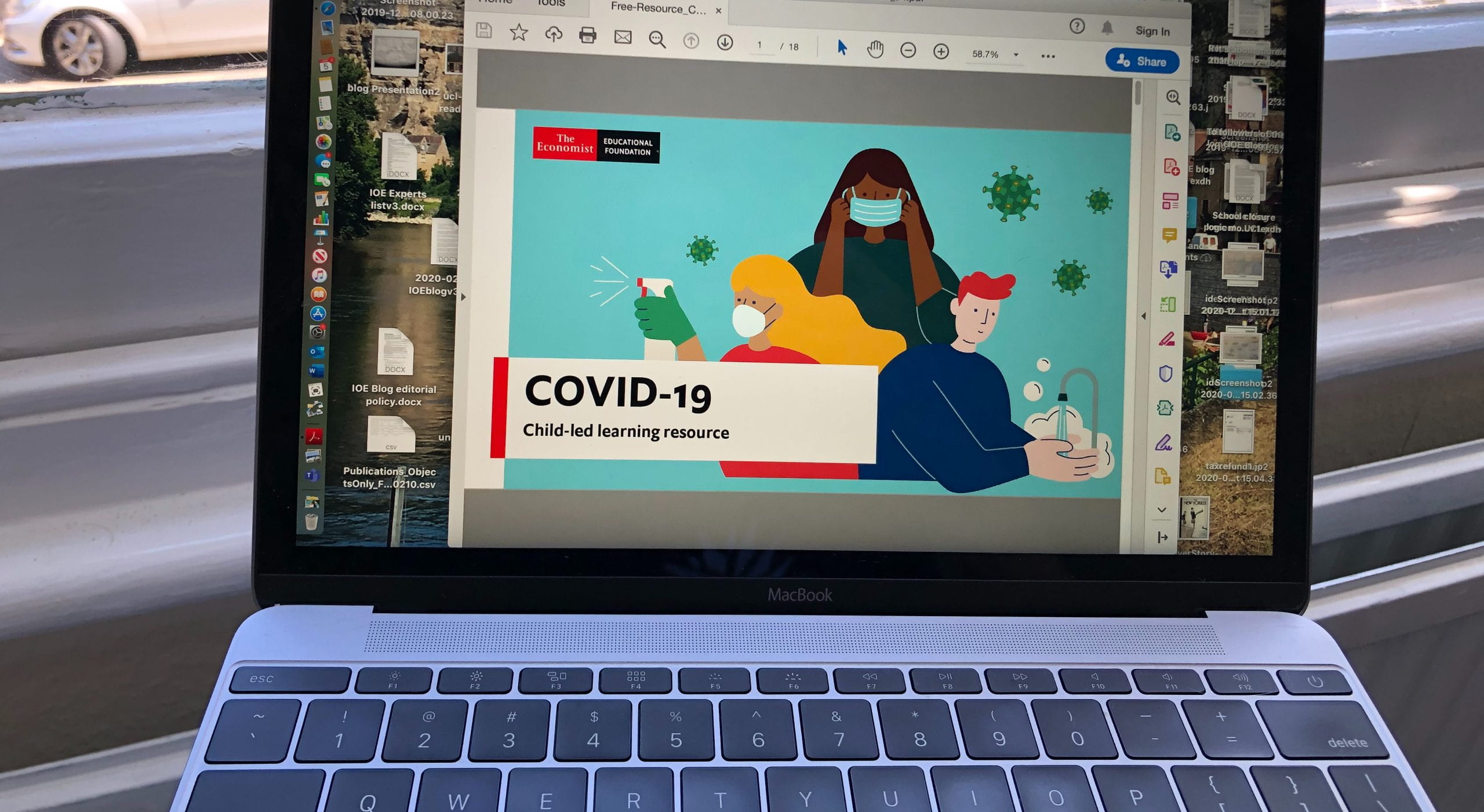The home schooling quagmire: it’s about more than laptops
By Blog Editor, IOE Digital, on 5 May 2020
By Jennie Golding
The move to ‘home schooling’ has, quite rightly, triggered a storm of commentaries about how the gap between the disadvantaged and the middle class will widen.
Last week the House of Commons Education Select Committee conducted a session on the impact of COVID-19 on education and children’s services. Several MPs, particularly from more economically challenged northern constituencies, expressed their fears about inequity of access to education during school closures. The answer to many of their questions was ‘We don’t yet know’ – whether there is a correlation between pupils’ time studying and their socioeconomic position, how many disadvantaged learners are not eligible for free laptops – or when and how schools will re-open to more young people.
Committee chair Robert Halfon warned that the UK could be facing a ‘wave of educational poverty’ as a result of the lockdown – and of course there is a moral imperative to prioritise the needs of those who are already disadvantaged. However, emerging evidence suggests the picture is complex, and there are serious challenges across all social groups.
My own current research with primary schools and A Level providers has serendipitously (more…)
 Close
Close



